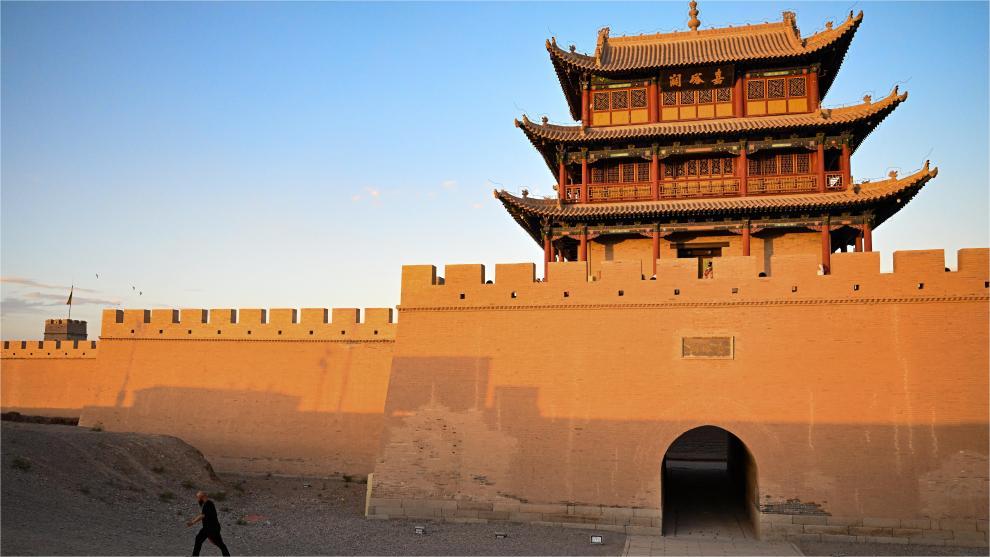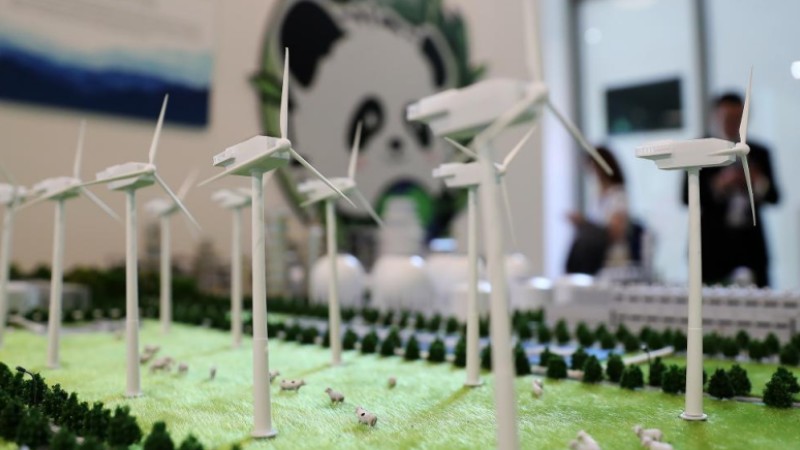Interview: BRI a "game-changer" transforming economic competitiveness of partners, says Malaysian expert
KUALA LUMPUR, Dec. 12 (Xinhua) -- The Belt and Road Initiative (BRI) is widely deemed as a "game-changer" transforming the economic competitiveness of its partner countries, said Ong Tee Keat, president of Belt and Road Initiative Caucus for Asia Pacific.
The BRI has focused on connectivity, notably the physical connectivity through infrastructure development, which has also been instrumental in rebalancing the economic inequality across the region, the expert told Xinhua in a recent interview.
It is no overstatement that the BRI has reshaped the global landscape of infrastructure connectivity through more than 3,000 projects in some 150 countries partaking in the Belt and Road cooperation across the world, he said.
According to a 2019 World Bank study, the BRI was expected to add real income gains of between 1.2 and 3.4 percent for the participating nations, Ong noted.
Not only would the Belt and Road cooperation continue to expand, it is well positioned to embark on a new phase of high quality development, primarily in the sectors of digital and green economy, Ong said.
More "small but beautiful" projects are likely to characterize the BRI turf, as the initiative ushers in the second decade, he said, adding that all these would contribute to transforming the lifestyle of many societies in the interest of humanity.
In his opinion, Beijing, in pursuing a digital and green economy, can work to focus more on capacity building through technology collaboration.
Given that the BRI partners from the developing Global South are in dire need for homegrown innovation, but are mostly strait-jacketed by their scarcity of funds and inadequate technology know-how, China's technological empowerment through cooperation makes an ideal choice to fill the void, he said.
For him, China, the world's largest manufacturer of solar panels, wind turbines, batteries and electric vehicles, is well-positioned to bring low-carbon technologies to the emerging markets and developing economies (EMDEs).
The potential market demand is known to be enormous, he said, adding that what matters more to the EMDEs is the capacity-building that China can bring along with the green BRI implementation.
Photos
Related Stories
- BRI brings positive forces to global human rights development: Ecuadorian experts
- BRI improves livelihood in partner countries, says Iraqi scholar
- BRI promotes human rights in participating countries, says senior official of Algerian newspaper
- Commentary: BRI: a decade of advancing human rights on global scale
- Full text: For a better world-- looking at the past decade of jointly pursuing the Belt and Road Initiative from a human rights perspective
Copyright © 2023 People's Daily Online. All Rights Reserved.









